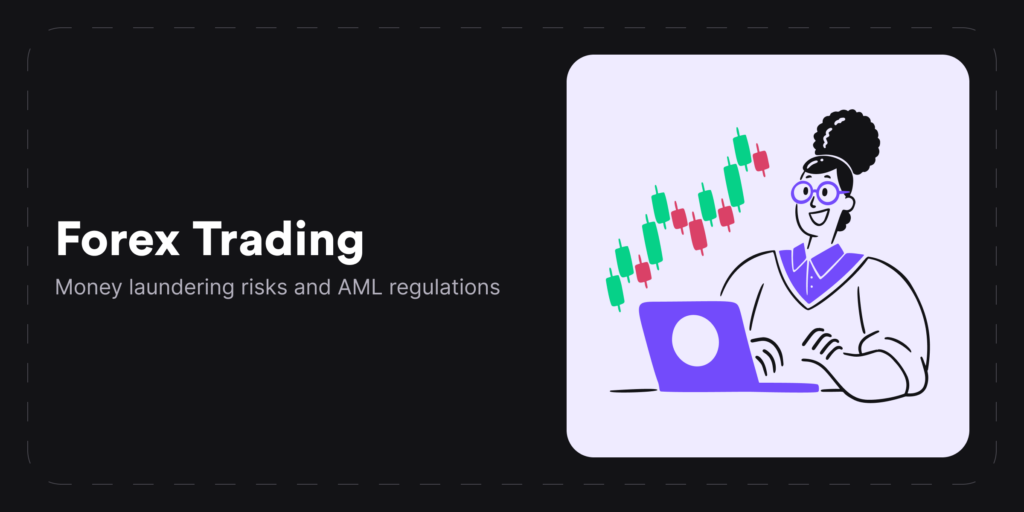
The foreign exchange (Forex) market is an intricate web of global transactions, where currencies are exchanged 24/7 by individuals, financial institutions, and governments. Geopolitical events significantly influence this market, impacting currency valuations and causing volatility. Understanding these dynamics is crucial for traders aiming to adjust their positions and mitigate risks effectively.
Geopolitical events encompass a variety of occurrences such as political instability, economic sanctions, trade agreements, and military conflicts. These events can alter investor confidence and economic outlook, thereby influencing Forex market dynamics. For instance, a trade war between major economies can lead to a depreciation of the involved currencies due to anticipated economic downturns. Similarly, political unrest in a country often results in a sell-off of that nation's currency, as investors seek stability elsewhere.
The Role of Political Instability
Political instability remains a primary driver of Forex market volatility. When a country experiences political turmoil, it often results in capital flight, with investors pulling out their investments due to perceived risks. This capital movement can lead to sharp declines in the value of the troubled nation's currency. For example, during the Brexit referendum, the British Pound (GBP) experienced significant volatility as the market reacted to the uncertainty surrounding the UK's future economic relationships.
The Bloomberg Markets provides comprehensive coverage and analysis of how such geopolitical developments influence currency valuations. By closely following these reports, traders can anticipate potential currency movements and adjust their strategies accordingly.
Economic Sanctions and Currency Depreciation
Economic sanctions are another geopolitical tool that can have profound effects on Forex markets. Sanctions often target specific sectors of an economy, restricting trade and financial transactions. The imposition of sanctions can lead to a rapid depreciation of the targeted country's currency as access to foreign capital and markets becomes limited. For instance, sanctions on Russia have historically resulted in significant depreciation of the Russian Ruble (RUB), as foreign investors reassess the country's economic prospects.
Moreover, the broader market response to sanctions can lead to shifts in global capital flows, influencing not only the sanctioned country's currency but also those of its major trading partners. This interconnectedness highlights the importance of monitoring geopolitical developments for Forex traders aiming to manage risk.
Trade Agreements and Their Impact
Conversely, positive geopolitical developments, such as trade agreements, can bolster currency valuations. When countries enter into trade agreements, they often improve mutual economic prospects, leading to increased investor confidence. This optimism can result in the appreciation of the involved currencies as markets anticipate economic growth. For example, the United States-Mexico-Canada Agreement (USMCA) provided a boost to the Canadian Dollar (CAD) and Mexican Peso (MXN) as it ensured the continuation of trade relations and economic integration in North America.
Traders often look to economic indicators and expert insights from platforms like Trading Economics to gauge the potential impact of such agreements on currency valuations.
Military Conflicts and Safe-Haven Currencies
Military conflicts introduce a layer of uncertainty in the Forex market, often resulting in increased demand for safe-haven currencies. When tensions rise, investors typically flock to currencies perceived as stable and secure, such as the United States Dollar (USD), Swiss Franc (CHF), and Japanese Yen (JPY). These currencies tend to appreciate during periods of geopolitical tension as traders seek to preserve capital amid uncertainty.
For instance, the ongoing conflict in Ukraine has seen fluctuations in the Euro (EUR) and Russian Ruble (RUB), while the USD and CHF have experienced periods of appreciation as investors seek shelter from regional instability.
Market Volatility and Trader Strategies
Geopolitical events inherently increase market volatility, presenting both risks and opportunities for Forex traders. Understanding the nature and potential impact of these events allows traders to develop strategies to capitalize on market movements. For instance, traders may employ hedging techniques to protect their positions against adverse currency movements, or they may use technical analysis to identify entry and exit points based on historical price patterns.
Platforms like TradingView provide traders with tools to analyze the correlation between different assets, including Forex, allowing for better-informed decisions in volatile markets.
Conclusion
The impact of geopolitical events on the Forex market is undeniable, shaping currency valuations and influencing market dynamics. By staying informed through reliable sources like Bloomberg and utilizing analytical tools, traders can navigate the complexities of the Forex market more effectively. Understanding the interplay between geopolitical developments and currency movements is essential for mitigating risks and seizing opportunities in this ever-evolving landscape.

Traders must remain vigilant, continuously monitoring geopolitical events and market responses to adjust their strategies and maintain a competitive edge in the Forex market.